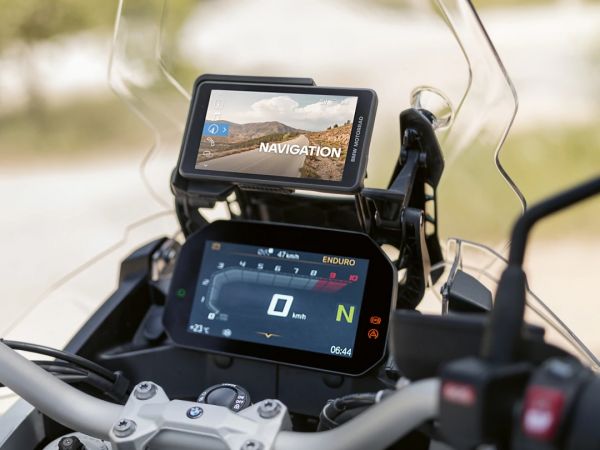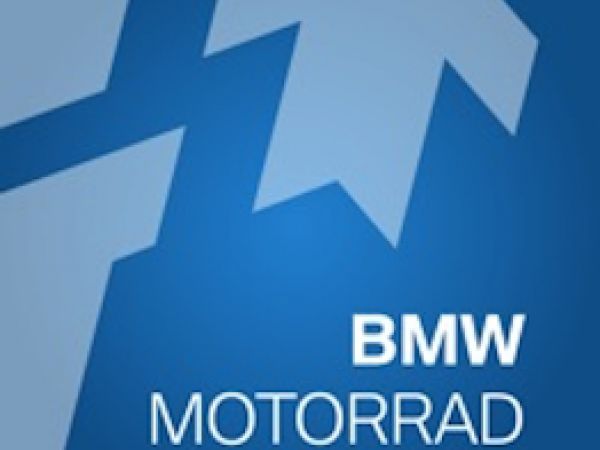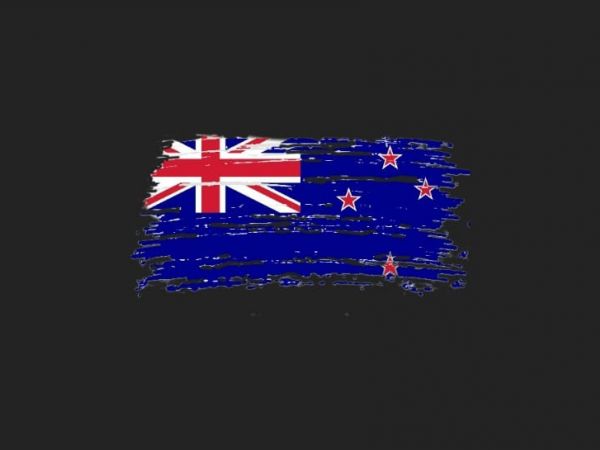Traffic regulations in Europe - Italy
Traffic regulations in Europe - Italy
Kategorija: Prometni propisi u Europi
What should be considered on a motorcycle tour to or through Italy? What documents do you need to bring with you? MotoGS WorldTours and MotoGS Rental provide you with answers to your most important questions.
Errors and omissions excepted - all information without guarantee.
Basics:
Italy is a member state of the EU. Therefore, it makes entry very easy for all EU citizens. But even for non-EU citizens, the entry option is usually very uncomplicated.
Vehicle papers and other necessary documents:
The vehicle registration document or the registration certificate part I is mandatory.
The IVK - International Insurance Card (formerly Green Card, including I) is valid as proof of liability insurance.
The EU driver's license is accepted in Italy, so you do not need to carry an international driver's license with you. For non-EU citizens, an international driving license is required in addition to the national driving license of the country of origin.
For a tourist stay for EU citizens, the identity card is perfectly sufficient. Of course, non-EU citizens must carry a passport.
All personal documents must be valid for at least 3 months upon departure.
With a rented motorbike to Italy:
Basically not a problem, but riders who make trips abroad with a vehicle that is not registered in their name should carry a user permit with them to be on the safe side. Even in Italy.
This permit can be downloaded from the following link.
Requirements to be able to rent a motorcycle in Italy, you must be at least 18 years old (may vary depending on the motorcycle category and local rental company). As a rule, however, the rental stations require a minimum age of 21 years. For riders under 21, sometimes even under 23 years of age, young driver surcharges are often required.
Health insurance:
In principle, all travelers abroad, regardless of their country of origin, should take out international health insurance. This can also be done easily here via Global Rescue. Surely this type of insurance protection is a bit more expensive than other providers. However, as the name suggests, this type of coverage is built on Rescue. Therefore not comparable. However, this should not be understood as advertising, it is a simple recommendation.
Helmet obligation:
Helmets are compulsory in Italy! Only helmets that comply with the ECE R 22.05 standard are permitted (symbol in the helmet: E within a circle and test number, e.g. 3). The test seal must be attached to the helmet, it must be present.
Violators face high fines, and the motorcycle can be confiscated for up to 30 days.
Speed limits in Italy:
In urban areas: 50 km/h
Out of town: 90 km/h
Expressways (blue): 110 km/h (90 km/h when wet)
Motorway (green): 130 km/h (110 km/h when wet)
On highways (blue), in rain or snow max. 90 km/h for novice motorcyclists (driving license under 3 years).
On motorways (green), in rain or snow max. 110 km/h for novice motorcyclists (driving license under 3 years).
Note: Motorcycles up to 149cc and motorcycles with sidecars up to 249cc are prohibited on motorways and expressways.
Lighting:
On motorways and outside built-up areas, dipped headlights (or alternatively daytime running lights) must be used all year round during the day.
Note: Motorbikes also inside built-up areas.
Carrying a spare bulb set is recommended. Excluded are motorcycles equipped with LED lights.
First-aid bags and warning vest:
Neither first-aid bags nor high-visibility vests are mandatory. However, it makes sense to always have both with you.
A motorcycle warning triangle and warning light are also recommended.
Radar detectors:
The use and carrying of a radar warning device is strictly prohibited. Even using an app on your smartphone. Non-compliance can result in high fines and confiscation of the device.
Dash cam:
Allowed (but dashcam must be easily removable and recordings must be continuously overwritten).
Toll obligation:
Motorways in Italy are generally subject to tolls. There are no vignettes in Italy. Payment can be made in cash, EC card or credit card at the respective toll stations.
Since we are compiling information for motorcycling here and actually do not use motorways or other toll routes in this regard, we do not want to go into detail about the toll.
Alcohol determination:
There is an upper limit of 0.5‰ blood alcohol content for riders, and 0‰ blood alcohol content for riders who have held their driving license for less than 3 years and/or are under 21 years old.
Special features of fines:
The penalties for traffic offences, including those for not following police instructions, are considerably higher than in Germany and many other European countries.
In Italy, final fines and court decisions are still enforceable within a period of five years. Enforcement can take place there, also e.g. come as part of a traffic control.
Most fines offer a 30% discount if paid within five days.
Correct behavior in the event of an accident or breakdown:
Accidents involving personal injury must be reported to the police immediately. If there is property damage, it is also recommended to use the "European Accident Report".
The emergency call in Italy:
The emergency number is 112
Important to know:
Access restrictions and city toll:
The cities of Bologna, Milan and Palermo in Sicily have access restrictions. However, these access restrictions do not usually include motorcycles. Unless the motorcycle has an emission standard Euro 0-2, which is certainly very rare. As a rule, free access applies to motorcycles with few exceptions.
Since this regulation is currently constantly changing and/or being expanded, it makes sense to obtain detailed information in advance before entering the city center of an Italian metropolis under City Access Ordinance in Europe in order to avoid unpleasant surprises.
As of 06/27/2023

TAGS
speed limits in italy italian alps european accident report city access ordinance in europePodijeli svoje mišljenje
Podijeli svoja iskustva, pitanja ili prijedloge!
Komentari drugih motorista
Još nitko nije komentirao – što ti misliš?
Blog kategorije
Moto Ture

Balkan-Karpati-Albanske Alpe Moto Avantura 2
Otprilike 5050 km!
21 dana putovanja kroz 7 zemalja!
26 noćenja!

Balkan-Rumunjska Moto Avantura
Otprilike 3500 km!
11 dana putovanja kroz 5 zemalja!
12 noćenja!

Balkan-Karpati-Albanske Alpe Moto Avantura 1
Otprilike 4055 km!
15 dana putovanja kroz 7 zemalja!
18 noćenja!

Hrvatska-Italija-Francuska Moto Avantura
Otprilike 3550 km!
15 dana putovanja kroz 4 zemalja!
17 noćenja + 1 noćenje na trajektu!

Hrvatska-Sicilija-Amalfijska Moto Avantura
Otprilike 4390 km!
18 dana putovanja kroz 3 zemalja + Sicilija !
21 noćenja + 1 noćenje na trajektu!

Novi Zeland Moto Avantura
Otprilike 6650 km!
20 dana vožnje kroz Južne i Sjeverne otoke!
24 noći + 1 noć na kruzeru!

Balkan-Italija Moto Avantura
Otprilike 3750 km!
15 dana putovanja kroz 5 zemalja!
15 noćenja + 2 noćenja na trajektu!

Guided Balkan Motorcycle Tour (7 Countries): 95% Asphalt
Seven Balkan countries, extraordinary routes off the tourist track, ~95% asphalt and no highways ...

Croatia - Route des Grandes Alpes, July 2025
2 Americans - 1 boy and 1 girl, 1 motorcycle - a BMW R1250GS, one motorcycle tour and one goal ...

Balkans - Romania Tour, June 2025
At the end of June 2025, the time had finally come. Between June 23 and June 25, all participants in this tour gradually arrived in Trogir.

Balkans - Italy Tour, May 2025
Together we covered about 3700 km, crossing the Adriatic twice, from Durrës to Bari and from Ancona to Split.

Money protection in the event of insolvency
Money Protection Certificate according to § 651r and § 651w of the Civil Code of the Federal Republic of Germany ...

Packing list for a motorcycle tour
Pack your things and get going...

Travel planning and navigation
The next vacation is just around the corner, hopefully, and you've decided to finally ...

Riding a motorcycle in a group or alone?
Riding a motorcycle in a group or riding alone? Are you worried about safety, contact with other people ...

The International Driving Permit
Understanding the International Driving Permit (IDP). A Key to Smooth Overseas Riding for ...

BMW Motorcycle ConnectedRide Navigator
The new BMW Motorcycle ConnectedRide Navigator ...

BMW-ConnectedRide Cradle and Connected App
Riders of new BMW models have several options for using information and entertainment ...

Traffic regulations in Oceania - New Zealand
What should be considered on a motorcycle tour through New Zealand?

